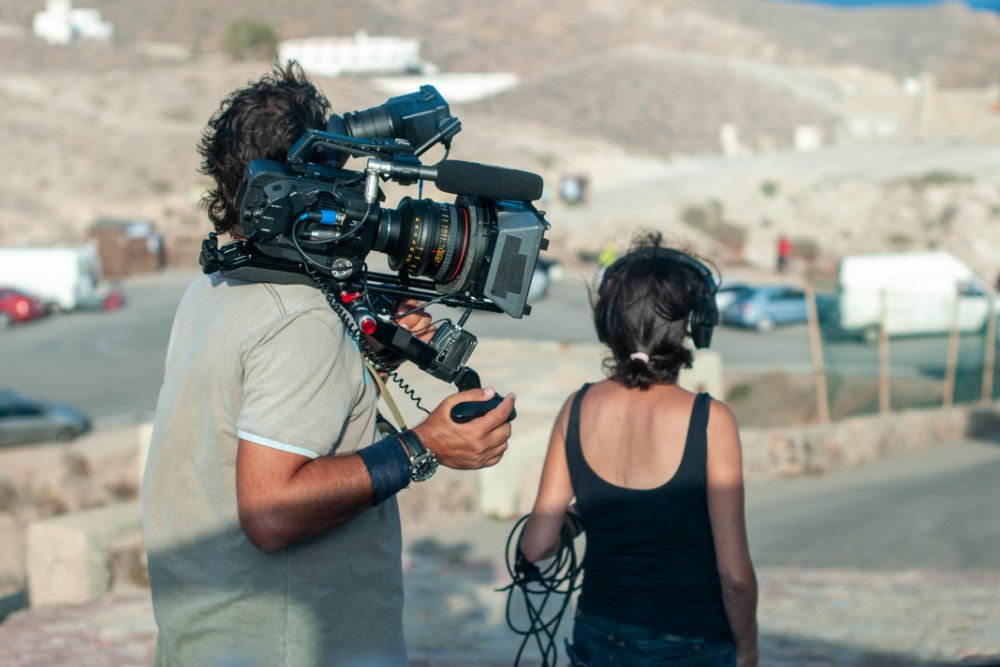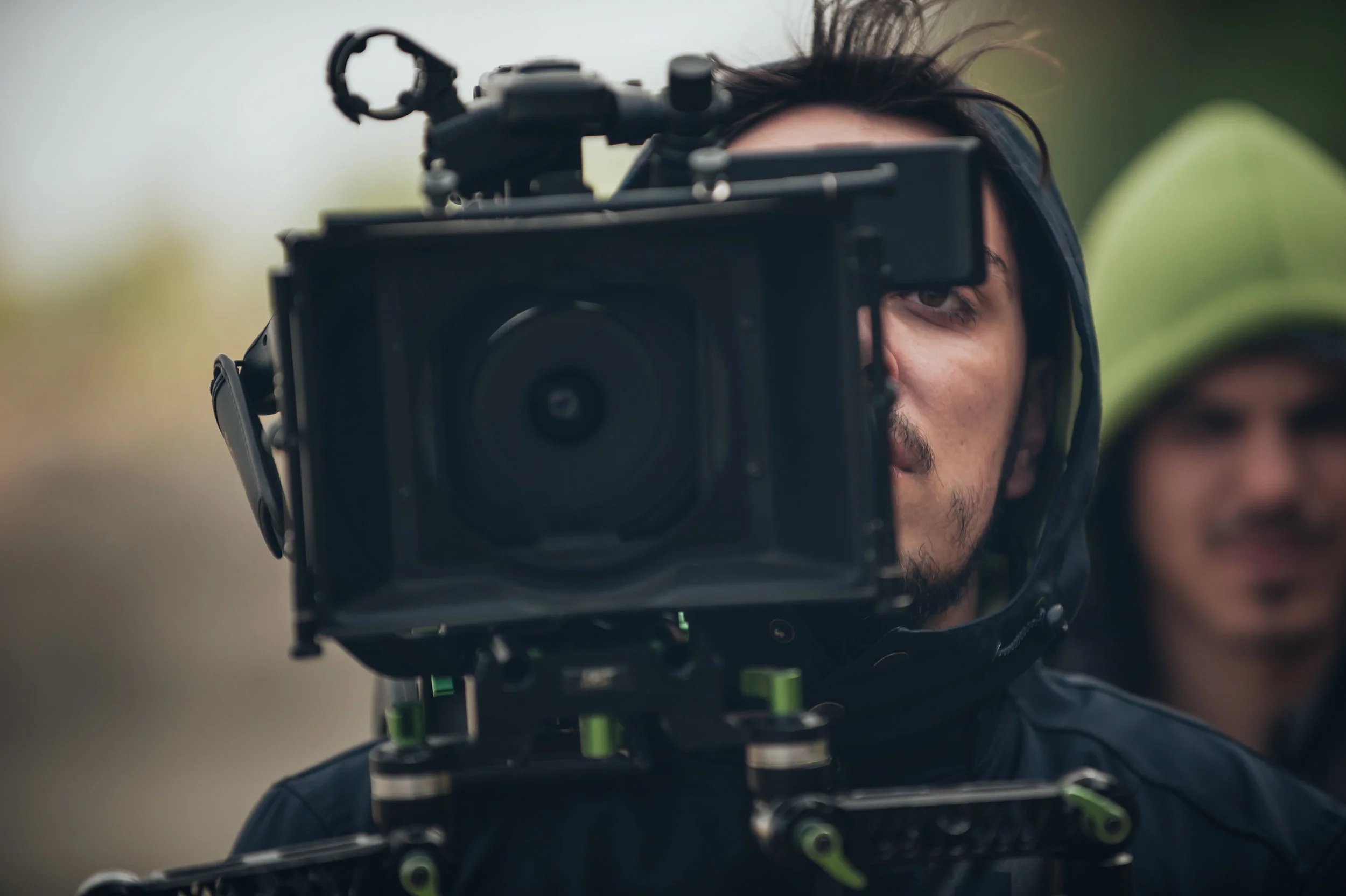Intervention Points: Behind a Fellowship to Support Diverse Documentary Filmmakers
/photo: ponsulak/shutterstock
News out of Harlem suggests that niche funders aren't sitting around waiting for Hollywood to do more to support underrepresented filmmakers. They're perfectly capable of doing it themselves.
Firelight Media, the production company co-founded 18 years ago by documentarian Stanley Nelson, recently announced the winners of its Impact Producer Fellows. According to Firelight, the yearlong fellowship is rooted in a core belief that by "providing social change activists with training on media strategy and impact and connecting them with diverse storytellers, we can fuel change efforts and catalyze new narratives about diverse communities."
The fellowship, in other words, is closely aligned with two of the prevailing beliefs across the donor community. First, a lot of work still needs to be done to cultivate diverse filmmakers. And second, the arts, and documentary filmmaking in particular, should drive positive social outcomes.
None of this is breaking news to Firelight Media.
Nelson and writer and philanthropy executive Marcia Smith founded Firelight in 2000 to address the deficit of films made by and about diverse communities, particularly people of color. It has since produced over 25 hours of primetime programming for public television, received a litany of major broadcast awards, and debuted its first theatrical release, The Black Panthers: Vanguard of the Revolution.
In 2004, Firelight created its Impact Division to harness "the power of social issue documentaries to educate, motivate and inspire diverse audiences through strategic partnerships, powerful events, online engagement and training for organizers."
It's also been incredibly prescient in anticipating donors' interest in boosting and measuring audience engagement by rolling out film-specific "national impact campaigns."
For example, as part of its campaign around The Black Panthers: Vanguard of the Revolution, Firelight partnered with over a dozen national organizations, artists, writers and activists to maximize the reach and impact of the film. The results were compelling. Over a year, the film screened at over 60 film festivals, in over 20 theaters, and raised over $65,000 in a crowdfunding campaign for the theatrical release. Black viewership to the PBS system increased by 400 percent for that time period as a result of the impact campaign.
Firelight's efforts have clearly resonated with donors.
The organization has received support from venture capitalist James Swartz, the Ford Foundation, the Surdna Foundation, the Wyncote Foundation, and the MacArthur Foundation in the form of a coveted $500,000 MacArthur Award for Creative and Effective Institutions grant. (Not coincidentally, MacArthur is one of the biggest proponents of documentary films.)
From a programming perspective, Firelight's flagship mentoring program is its Documentary Lab. Launched in 2008, it provides filmmakers with one-on-one support, funding, professional development workshops and networking opportunities.
The Documentary Lab and the new Impact Producer Fellows are built on a pivotal takeaway gleaned from Nelson's extensive and acclaimed career in filmmaking: Diverse filmmakers need coaching, mentoring, and networking support. Unfortunately, "the field lacks the diverse representation needed to ensure the impact strategies" devised by filmmakers resonate with the communities they seek to support."
And so the fellowship aims to "intervene in the field by infusing it with professionals who are rooted in diverse communities."
Funding for Firelight’s Impact Producer Fellowship comes from the Andrus Family Fund, Embrey Family Foundation, and Bertha Foundation. Check out this year's winners here.







































